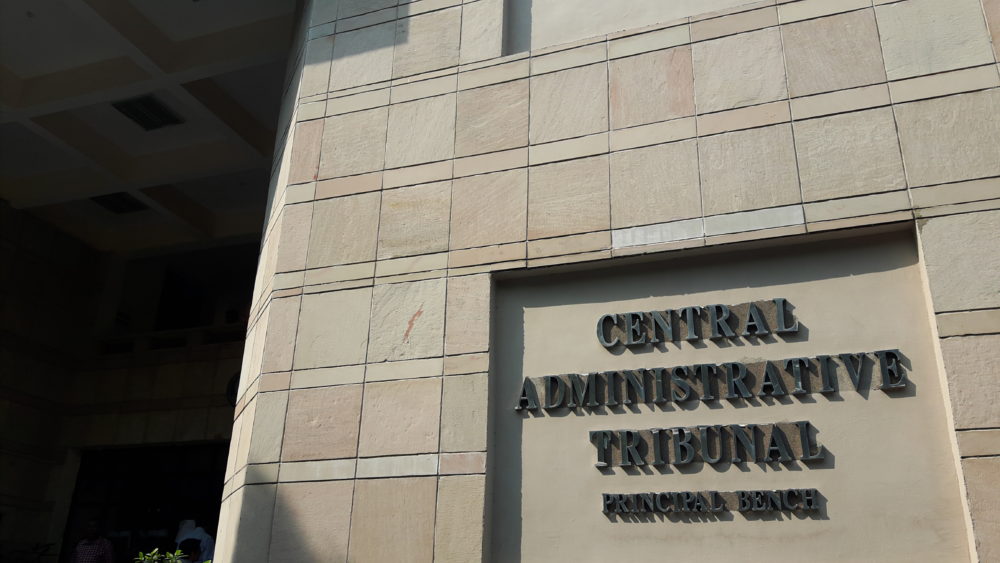The Supreme Court heard a Public Interest Litigation (PIL); which sought the establishment of the permanent bench of the Central Administrative Tribunal (CAT) in Jammu and Kashmir.
Mr. Arjun Garg filed the petition. Senior Advocate, Ravindra Shrivastava appeared for the petitioner. The Petition states that this violates the Fundamental Right of Access to Justice under the Articles 14 and 21 of the Constitution of India; due to the number of cases and demographic and geographic conditions of the state. It also states that the High Court’s powers are not taken away and it should continue to hear matters until a permanent bench with sufficient staff and facilities are made.
Taking note of the contentions, the Apex Court issued notices to the Centre, the Jammu and Kashmir High Court; and the Central Administrative Tribunal bench at Chandigarh for the same. The authorities need to reply to the notice within four weeks to the Supreme Court.
Before the abrogation Of Article 370
When Jammu and Kashmir’s special status was still in place; any amendment made to the Indian Constitution applied to the state only through a prescribed route under Article 370. It further stated that the amendment would be accepted in the state; only after the cabinet of Jammu and Kashmir agreed to it. Therefore, provisions related to tribunals (Articles 323A and 323 B), inserted in the Constitution (Forty-second Amendment) Act, 1976, were not applicable to the state. Similarly, the Administrative Tribunals Act, 1985 was not applicable.
However, on August 5, 2019, the Centre made all provisions of the Constitution applicable to Jammu and Kashmir through the Constitution (Application to Jammu & Kashmir) Order, 2019; with the agreement with the governor of Jammu and Kasmir. The next day, President Ram Nath Kovind, on Parliament’s recommendation, declared that all key provisions of Article 370 would cease to operate. As a result, these changes led to the application in Jammu and Kashmir of Articles 323A and 323B and the Administrative Tribunal Act, 1985, which govern the creation and functioning of the Central Administrative Tribunal and state administrative tribunals.
After the abrogation of Article 370
After, the integration of Jammu and Kashmir into India; its conversion to Union Territories, all the State employees have become Central Government employees. The Central administrative Tribunal is to hear all the service matters of these employees. Now Jammu and Kasmir cannot have its own tribunal to hear the issues of union territory employees because the 1985 law provides state administrative tribunals remain only for states.
Department of Personnel and Training in its notification dated 29 April 2019 transferred their jurisdiction; from the Jammu and Kashmir High Court to the Chandigarh bench of the Central Administrative Tribunal.

